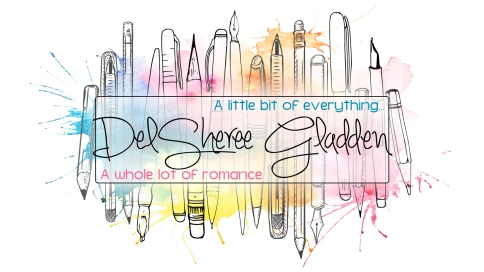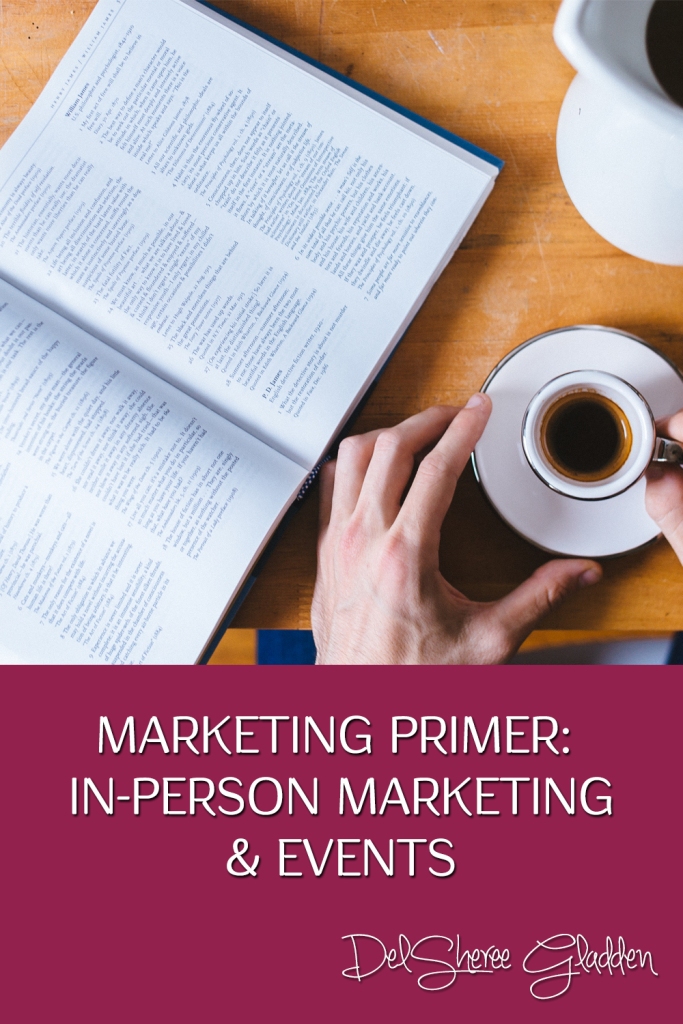Setting up in-person events takes making connections and planning in advance.
Types of Events
- Book signing (new releases, special events)
- Speaking engagements (author talk, informative lecture)
- Community organization events (any event that allows vendors)
- Writing groups (guest speaker)
- Art collaborative events (art walks, art fairs/festivals)
- Craft fairs (schools, senior center, maker markets)
- Community festivals (seasonal, renaissance, kids)
- School or library talks (information presentation, career day)
- Informational presentations (conferences, comic cons, literature events)
Setting up a book signing
Book signings are not limited to book stores, but if you do want to hold a signing at a bookstore, focus on local and independent stores. Chain bookstores often don’t work with indie authors because of buyback restrictions and they may not take consignments either.
Local stores are more flexible and offer better royalty splits on books sold during a signing or on consignment books. A 60/40 split is common with many indie bookstores when books are excepted on consignment.
If you wat to branch out from bookstores, pitch libraries, restaurants/cafes, or a business related to the book’s theme. When working with a for-profit organization or an event center, you will likely need to rent the space or give a percentage of sales to the venue or owner.
Be sure to book your signing 1-2 months in advance. Venues or organizations who hold regular events need plenty of time to fit you into the schedule. It’s also important to give yourself enough time to make sure you will have books available.
Speaking engagements
You don’t have to wait for someone to ask you to speak to their group or organization. Prepare a presentation and pitch yourself to groups.
Author talks or informational presentations are great options when you don’t have a new release or something to celebrate but still want to stay active in the community. Pitch yourself to bookstores, libraries, charity events, schools, Comic Cons, writing conferences, or festivals.
Have a topic ready to pitch. Write out a 100-word synopsis of the content and have a sample ready for consideration. Don’t just talk about your book. Focus on the issues your book deals with or pick a writing or book related topic you feel comfortable speaking on.
Charge a speaking fee or ask to sell books in lieu of payment.
People do not buy goods and services. The buy relations, stories, and magic.
Seth Godin
While marketing can be intimidating and time consuming, the more you focus on building relationships with readers, the more success and satisfaction you’ll experience.




